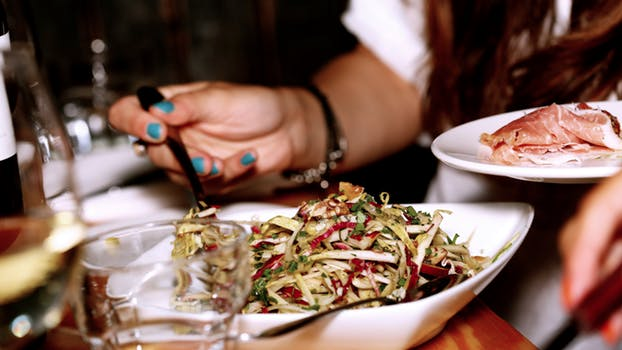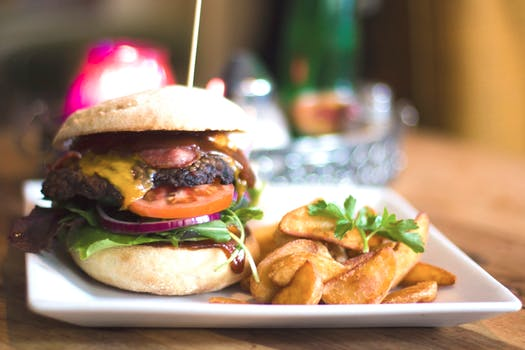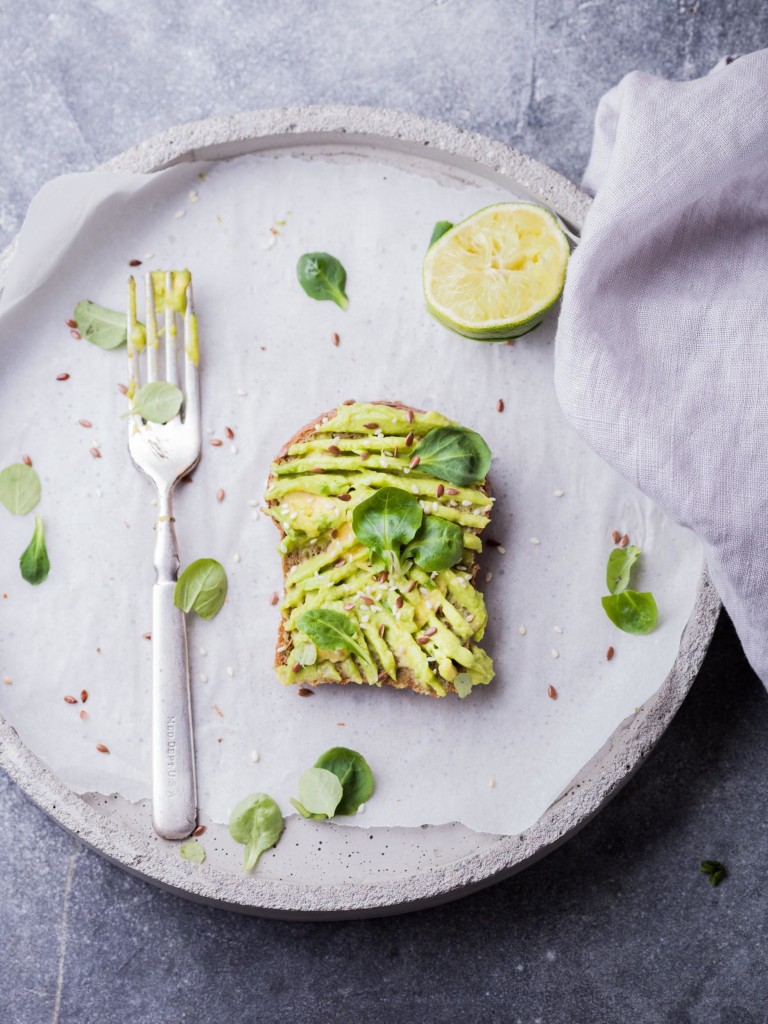
6 Common Weight Loss and Nutrition Myths That Experts Want You to Ditch
You’ve heard it all before and then some. Don’t eat late at night. Cut carbs. Do a juice cleanse. Stay away from fat. Make sure to have a cheat day. Eat organic. The list goes on and on. When it comes to losing weight and getting in proper nutrition, there is endless information out there. Typically, this large amount of do’s and don’t’s tends to confuse and contradict the information that we’re bombarded with on a daily basis.
If you’re struggling with your nutrition or weight, it can be a daunting task to keep up with it all. Fortunately, we’ve tackled some of the most common weight loss myths and misconceptions to help you decipher once and for all what you should and shouldn’t be paying attention to.
Organic Equals Healthy

Organic is simply a term that means that the produce or ingredients were grown without the use of pesticides, synthetic fertilizers, sewage sludge, genetically modified organisms, or ionizing radiation. When referring to animals, it means that the meat, poultry, eggs, and dairy products were raised without antibiotics or growth hormones. Organic foods contain less harmful practices and chemicals than non-organic foods, however this doesn’t mean that organic food items are any better for you than non-organic foods. Registered dietician and certified diabetes educator, Despina Hyde Ghandi MS explains, “You can have totally organic junk food that’s made with organic sugar and organic white flour… I always caution people before grabbing that box of organic granola or organic cookies. Read the nutrition facts label to find out what is really in your food.”
Eating At Night Causes Weight Gain

Jessica Setnick, MS, RD, CEDRD says, “Eating appropriately throughout your waking hours does not cause weight gain just because some of those hours are at night,” It’s a common belief that eating food at night, or eating after a certain time will inevitably lead to weight gain. When it comes to gaining weight, it’s not about what time of day that you’re eating – it’s more about what you’re eating.” Nighttime eating gets a bad wrap because people tend to make unhealthy choices at night. If you’re eating at night, choose lighter options like veggies or fruit and be mindful of your portions.
You Need To Have A Cheat Day

Those looking to lose weight often schedule their lives, their workouts and their meals around the concept of a cheat day. Many people believe that having one cheat day a week while eating clean for the remainder of the week is a balanced way to approach sustainable weight loss, however this kind of logic is a guaranteed setup for failure. Setnick explains, “You should not eat in a way that you have to cheat. On top of that, it’s irrational. It’s like saying I will wear clothes six days a week and go naked on Wednesdays. You should make decisions about what to eat based on what you need, where you are, what you’re doing with your day, and what sounds good — not at random because of what day of the week it is.”
Agave Is Healthier Than Sugar

Photo Courtesy of Sharecare.com
Sorry to burst anyone’s bubble, but agave is no healthier than regular sugar. Agave was touted as a popular choice in place of table sugar for a long time, however the high fructose levels in agave can mess with your hormone levels and lead to weight gain. Gandhi states that agave has more fructose than high fructose corn syrup, and it has more calories per tablespoon than table sugar! You’re better off with a sugar substitute such as stevia, molasses or honey.
Fat Is Bad

There’s no need to avoid fat – there are certain fats that are actually good for you! One of the biggest weight loss myths is that fat will make you fat, however monounsaturated and certain saturated fats can be beneficial for your weight loss efforts. Gandhi says, “Fat provides many benefits, including giving us a feeling of fullness and helping us to eat less overall.” She also cautions against low fat foods, stating “Be careful with trying to cut fat by choosing a low fat product. Often times when fat is taken out of a food, it is replaced with sugar, as is the case with reduced-fat peanut butter for example.”
You Can Outrun A Poor Diet

Steadily crushing your workouts, getting in a five mile run or attending spin class 4 times a week doesn’t give you license to eat whatever you want. Dietitian Tanya Zuckerbrot states that many people feel as though cardio gives them freedom to over indulge. Cardio increases and stimulates your appetite leading people to eat more than they normally would. It’s important to remember that even if you workout, you still need to maintain healthy eating habits. It’s also important to build lean muscle as it will stimulate your metabolism and suppress your appetite.
